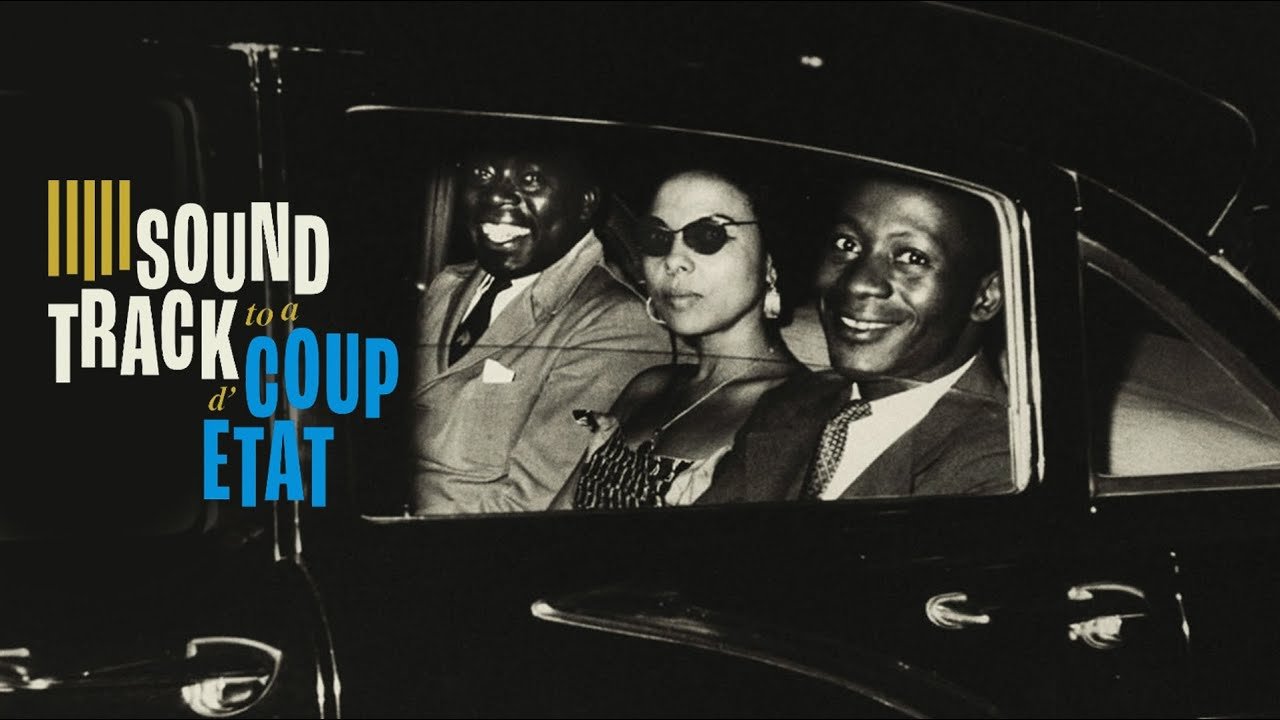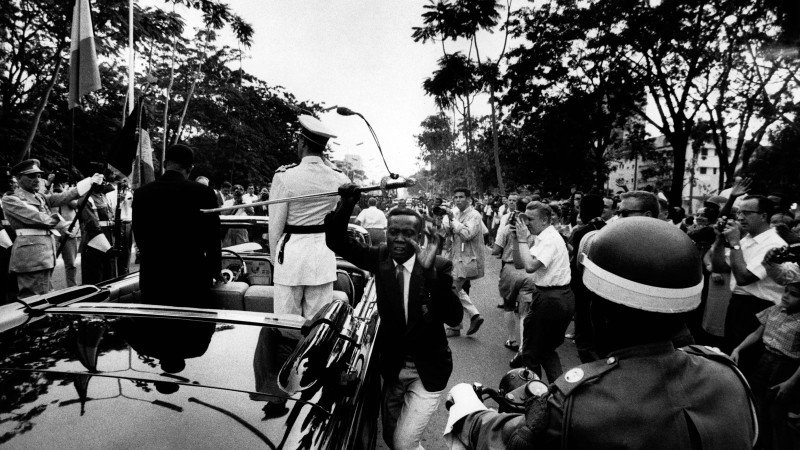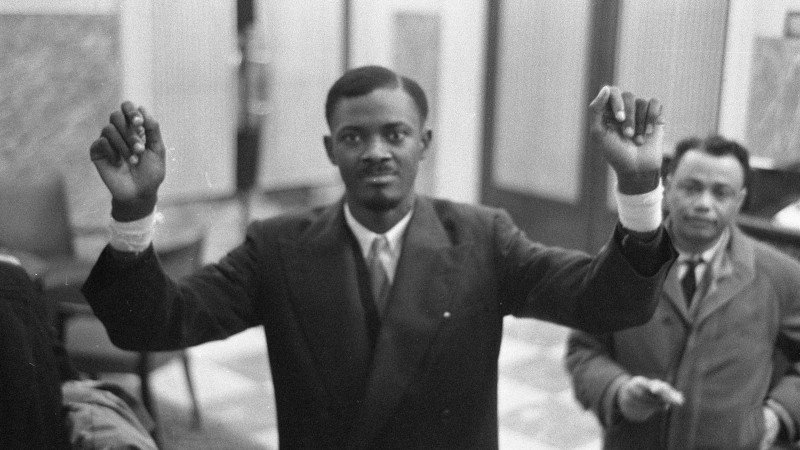SOUNDTRACK TO A COUP D’ETAT
OFFICIAL SELECTION | FEATURE FILM
BYRON BAY PREMIERE
GENRE: DOCUMENTARY | YEAR OF PRODUCTION: 2024 | LENGTH: 150 MIN | COUNTRY: FRANCE/BELGIUM
DIRECTOR: JOHAN GRIMONPREZ | PRODUCERS: RÉMI GRELLETY, DAAN MILIUS
One February morning in 1961, singer Abbey Lincoln and drummer Max Roach crash the UN Security Council to protest the murder of prime minister Patrice Lumumba of the newly independent Congo. Sixty yelling protesters throw punches, slam their stilettos and provoke a skirmish with unprepared guards as diplomats look on in shock. Decolonization spins the world upside down, infusing it with a sense of hope.
Six months earlier, sixteen newly independent African countries are admitted to the United Nations, triggering a political earthquake that shifts the majority vote away from the old colonial powers. The Cold War peaks as Soviet leader Nikita Khrushchev bangs his shoe on his desk at the UN General Assembly, in reaction to the neo-colonial power grab unfolding in the Democratic Republic of the Congo. Denouncing America’s color bar and the UN complicity in the overthrow of Lumumba, he demands immediate decolonization worldwide.
To retain control over the riches of what used to be Belgian Congo, King Baudouin of Belgium finds an ally in the Eisenhower administration, which fears losing access to one of the world’s biggest supplies of Uranium, a mineral vital for the creation of atomic bombs. Congo takes center stage to both the Cold War and the scheme for control of the UN. The US State Department swings into action: Jazz ambassador Louis Armstrong is dispatched to win the hearts and minds of Africa. Unwittingly, Armstrong becomes a smokescreen to divert attention from Africa’s first post-colonial coup, leading to the assassination of Congo’s first democratically elected leader. Malcolm X stands up in open support of Lumumba and his efforts to create a United States of Africa while also reframing the freedom struggle of African Americans as one not for civil rights but for human rights, aiming to bring his case before the UN.
As Black jazz ambassadors are performing unaware amidst covert CIA operatives, the likes of Armstrong, Nina Simone, Duke Ellington, Dizzy Gillespie and Melba Liston face a painful dilemma: how to represent a country where segregation is still the law of the land.
Jazz and decolonization are entwined in this forgotten episode of the Cold War, where the greatest musicians stepped onto the political stage, and downtrodden politicians lent their voices as inadvertent lead singers. This story of the undermining of African self-determination is told from the perspective of Central African Republic women’s rights activist and politician Andrée Blouin, Irish diplomat and enfant terrible Conor Cruise O’Brien, Belgian-Congolese writer In Koli Jean Bofane, and Nikita Khrushchev himself.
SESSION TIMES
-
PALACE BYRON BAY
MONDAY 21 OCTOBER 7pm
-
PALACE BYRON BAY
WEDNESDAY 23 3:30pm





